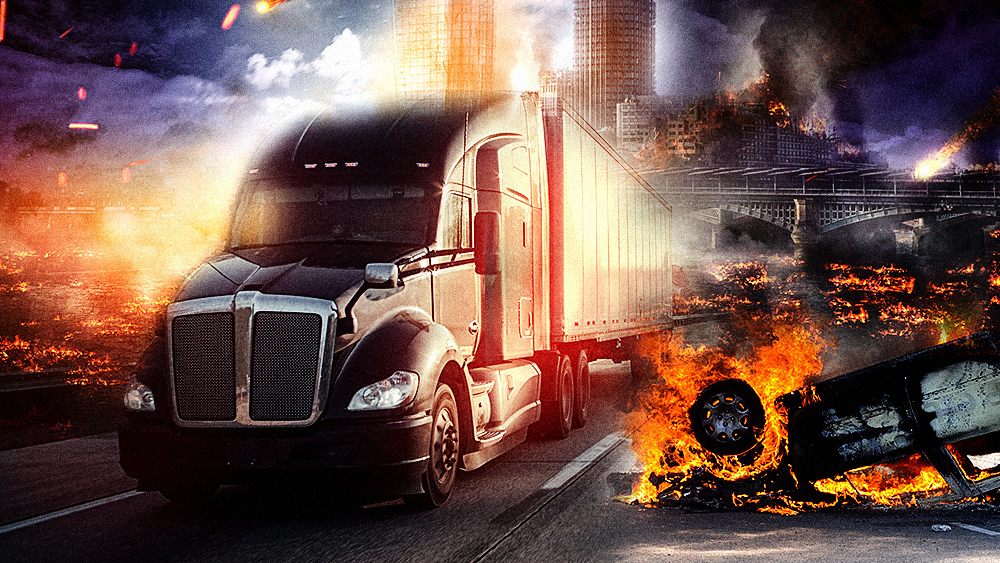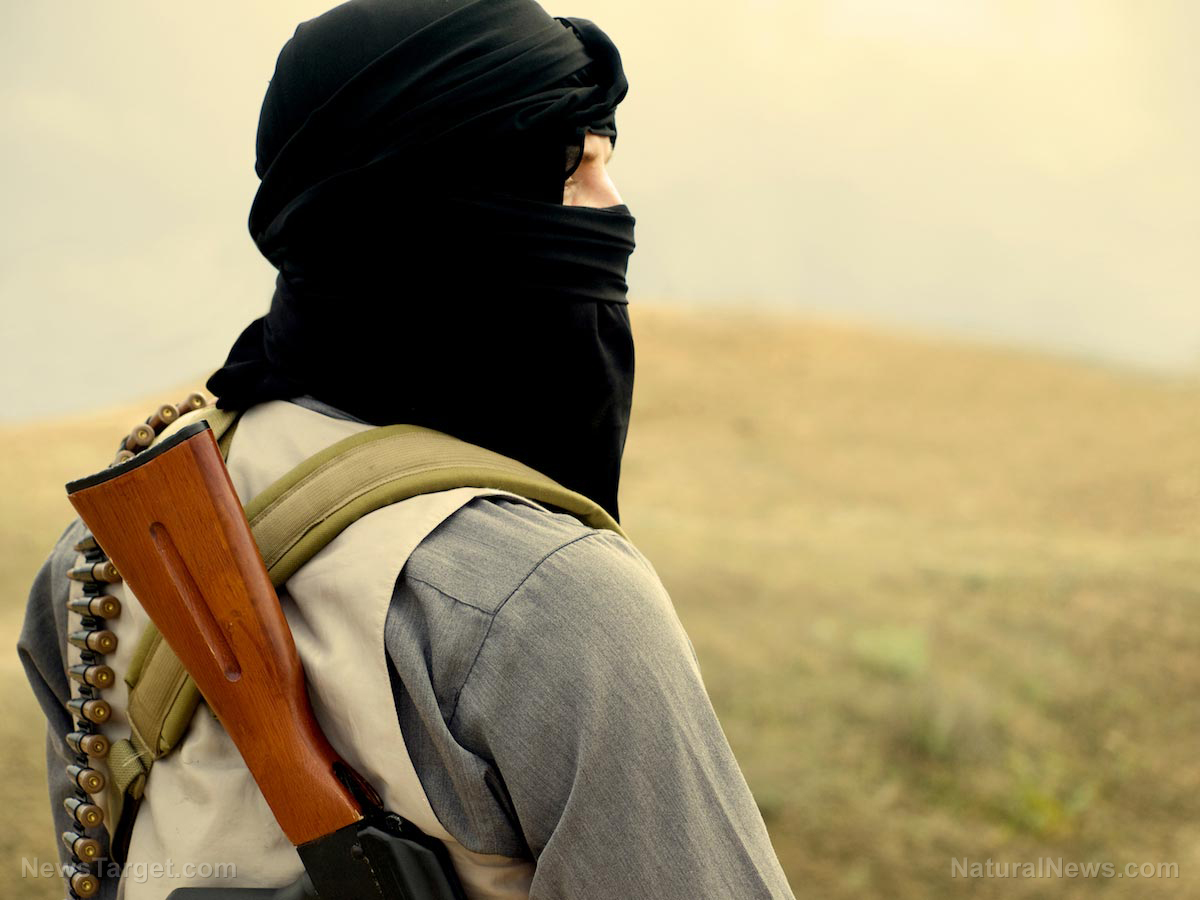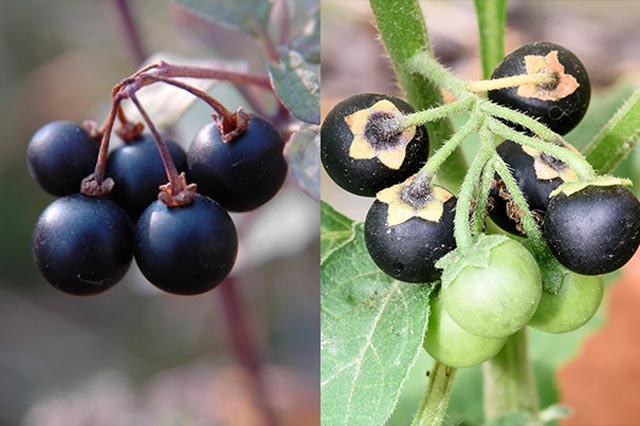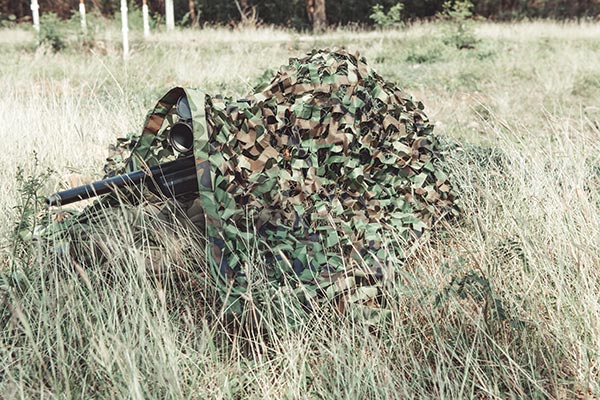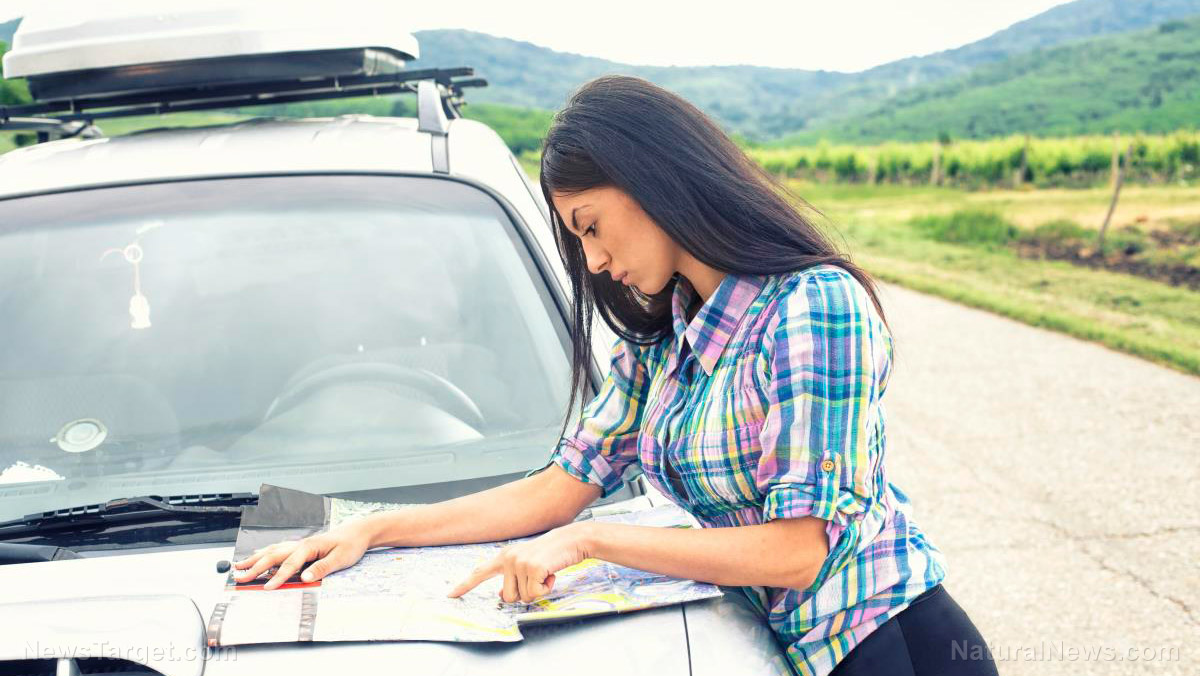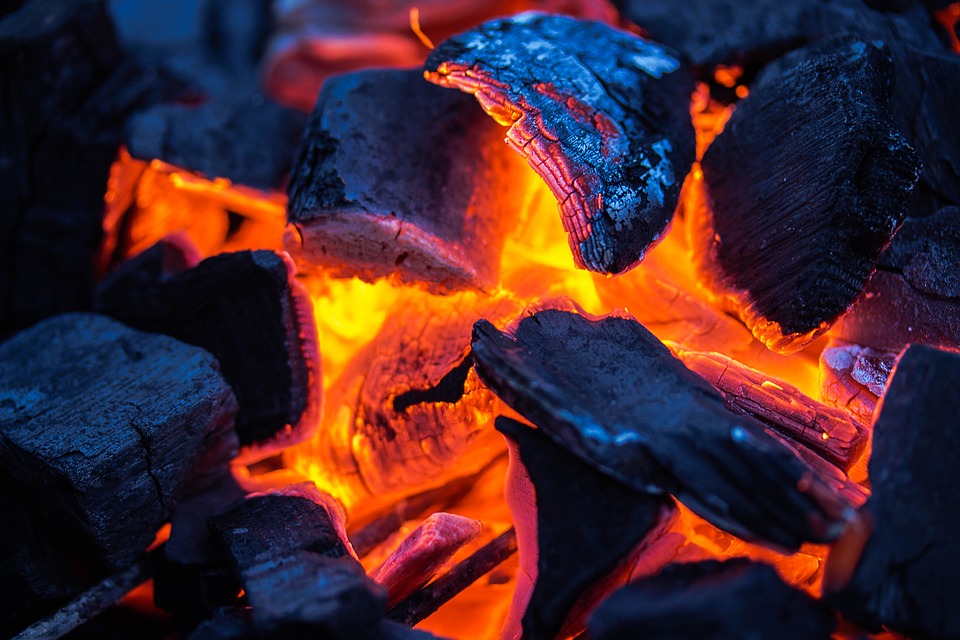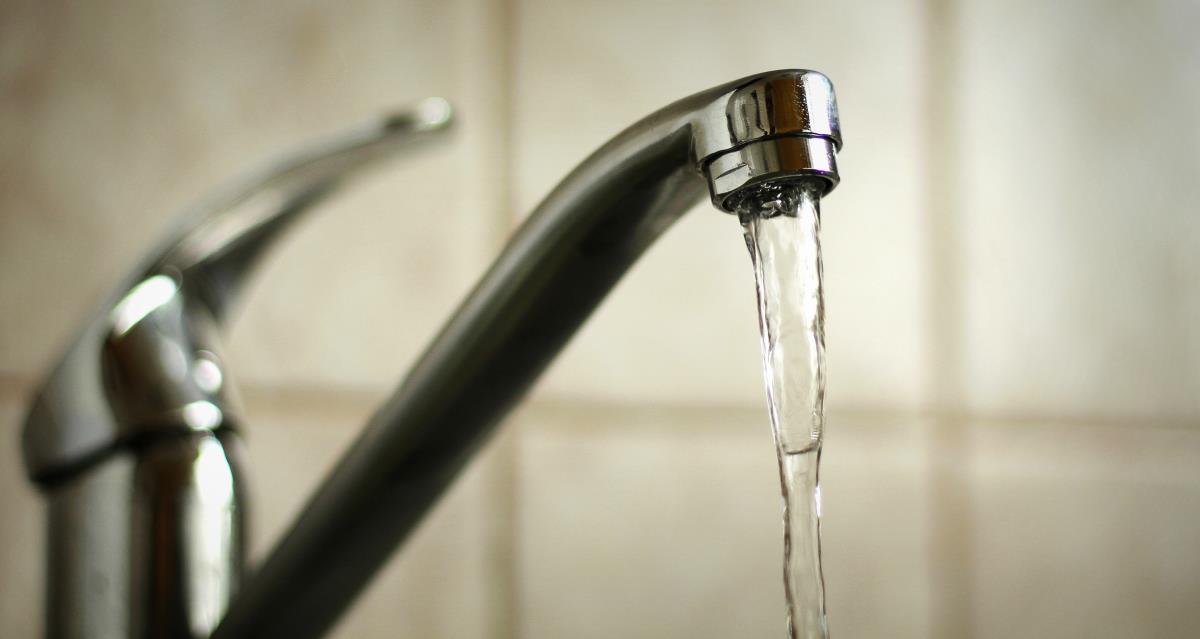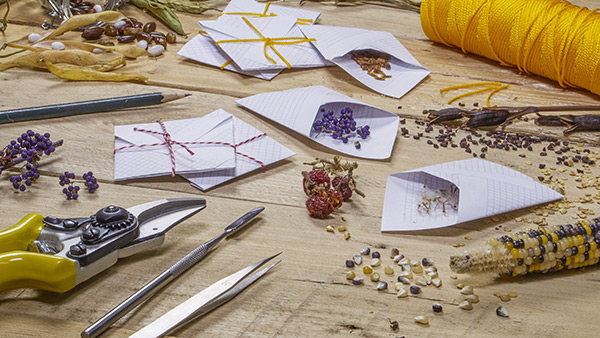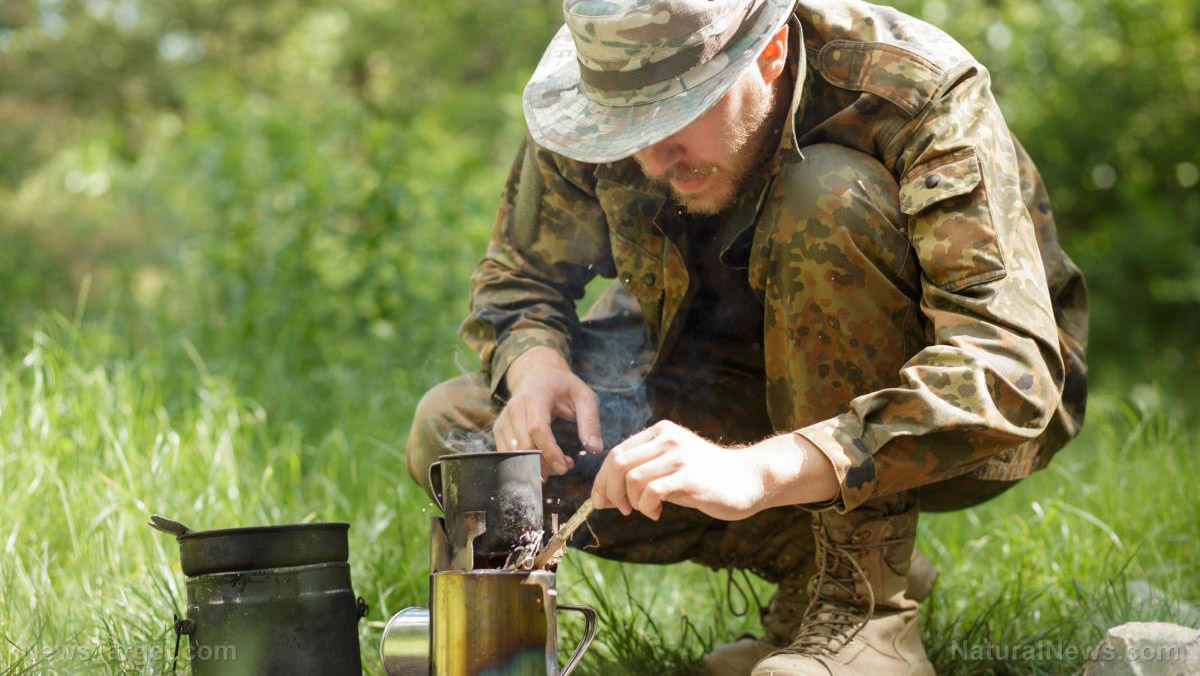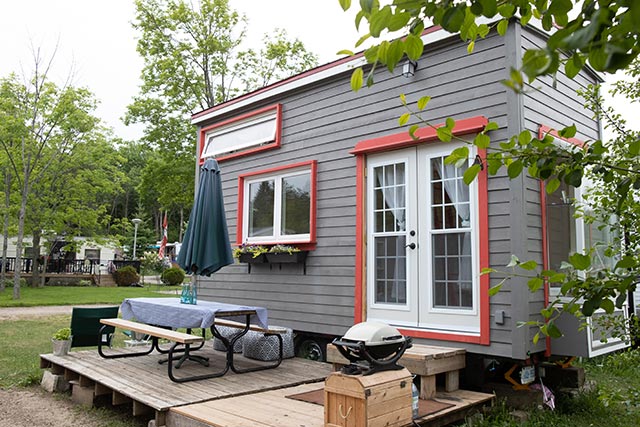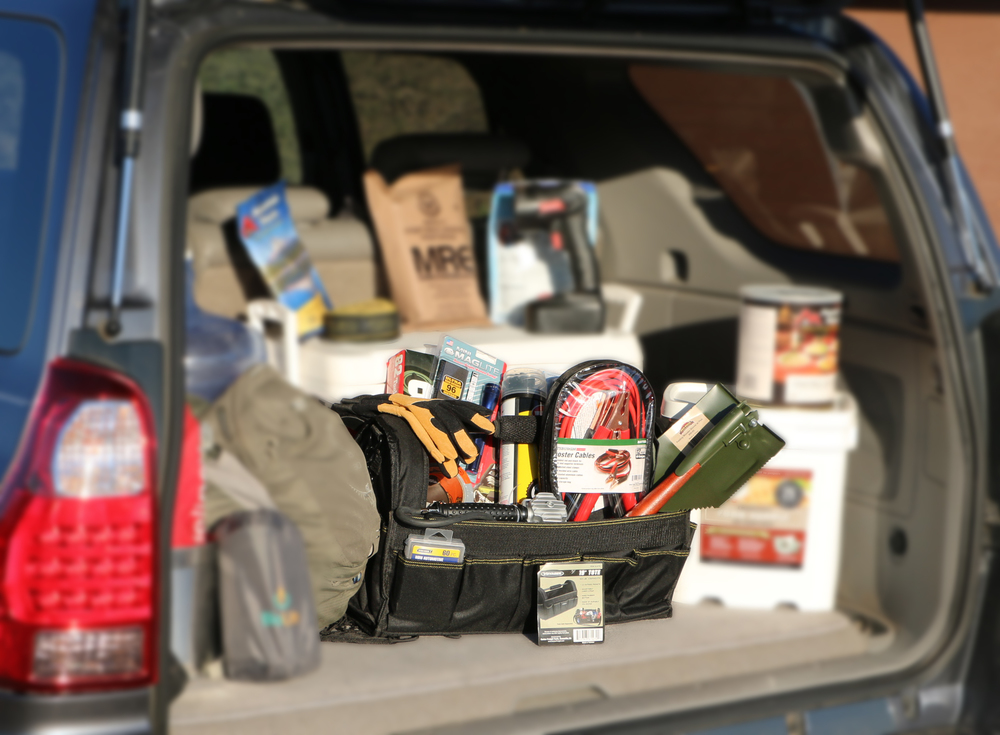Camping 101: 10 Basic skills every camper should have
12/26/2019 / By Arsenio Toledo
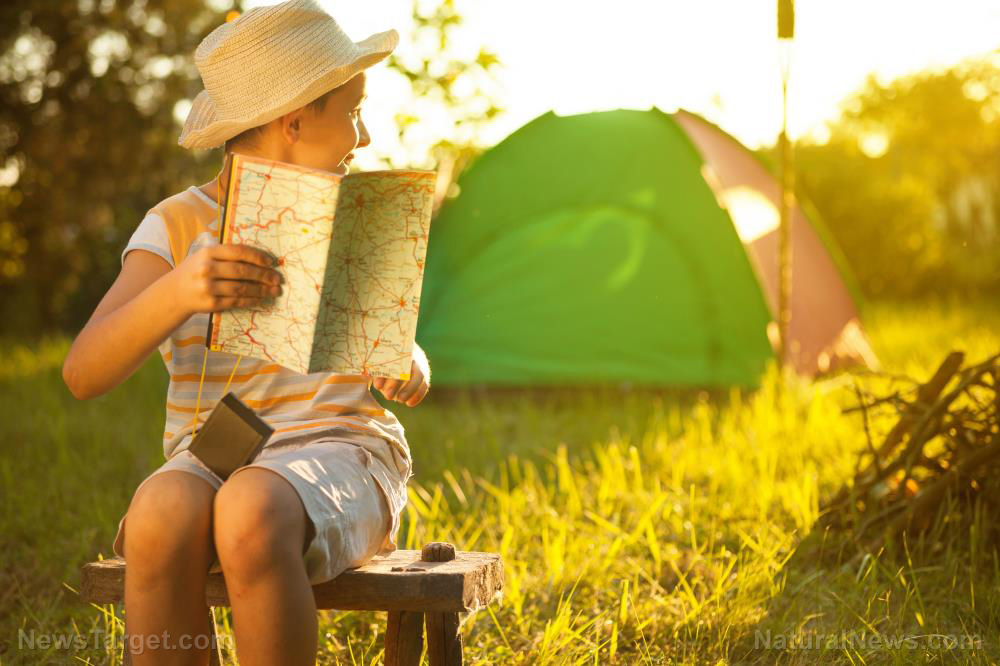
Camping isn’t just a hobby you partake in during the weekends. It’s also an activity that requires a certain set of skills that are necessary to ensure your safety and improve the quality of your camping experience. Here are 10 things you should learn to be a better camper. (h/t to TheSurvivalCorps.com)
Learn to plan your trip
Before the camping trip even starts, you need to learn how to plan it well. Choose a location that will provide you with the expectations you have in mind, such as if you’re planning to go on a long hike or if you’re looking for a more relaxed experience. Also, consider the climate of the camping grounds you plan to visit and pack the right clothes you’ll need for it. Once you have a location in mind, figure out what you need to bring. The amount of food you need depends on how many days you plan to be out and how many people are coming with you. Be sure to take into consideration the weight of what you’ll be carrying as well.
Learn to pack and tie knots
Packing is a skill you develop over time as you go on camping trips. However, it’s not impossible to learn a thing or two even on your first trip. Figure out what bag you’re bringing and learn to work with the space your luggage gives you. In addition, learning to tie a knot is also essential. Knowing how to tie a secure knot can save you from damaging your gear, especially when tying the knots that are supposed to hold tents down. Access tutorials on how to tie knots online or ask an expert.
Hiking skills
A lot of camping involves hiking, which can be dangerous if done unprepared. Depending on your chosen camping grounds, you may have to walk through the wilderness, climb rocks or even cross streams and rivers. Prepare for these as these hiking experiences as they serve to enhance the adventurous feel of the whole trip. Take precautions, such as wearing protective footwear if you plan to cross a river. Consider only going on trips you’re physically capable of getting through in order to avoid potential injuries.
 |
Discover how to prevent and reverse heart disease (and other cardio related events) with this free ebook: Written by popular Natural News writer Vicki Batt, this book includes everything you need to know about preventing heart disease, reversing hypertension, and nurturing your cardiac health without medication. Learn More. |
Learn to set up your tent
One of the most essential items in a camping trip is the tent. Unless you prefer spending your night in the cold, consider learning how to set up one. If you already own a tent, practice with it before the trip. If you’re going to rent or borrow one, look up demonstrations from experts who can guide you through the process. Also be mindful of where you set up your tent: the surface should be flat enough that you won’t have any problem sleeping.
The campfire
The campfire is the center of the camp. It is where campers congregate at night to cook their meals, keep warm and socialize with others. Being able to make a campfire properly will save you from burning down the camping grounds and it’s an essential survival skill. Remember to use small pieces of wood for kindling. Only get the sufficiently large pieces of wood when the fire is hot enough, but don’t add too much too quickly so you don’t suffocate the fire. Practice making a fire if there’s a safe place for you to do so. Try making one under different conditions as well, such as on windy or chilly days.
Cooking
You will have to prepare food during camping trips. A simple camping stove is a good investment. It will come in handy and it can prepare different kinds of meals. There are different kinds of camping stoves you can use, such as wood burning and alcohol stoves. Learn how to cook whatever food you bring with you or catch during your trip.
Purifying water
It’s easy to underestimate how much water you need to bring, especially if you’re planning a long hike and you need to replenish yourself more often. Consider carrying a water purifier or a few iodine tablets just in case you decide to refill your canteen at streams. As fresh as those rivers and streams may look, they can still be contaminated and contain harmful bacteria and toxins. If you don’t have either a water purifier or an iodine tablet, learn how long and at what temperature you need to boil water at to kill any possible pathogens.
First aid skills
You have to prepare for anything that can happen during your trip. This includes possible accidents. Therefore, you need to equip yourself with basic first aid skills. Acquire a first aid kit complete with all the tools you may require during an emergency. In case you don’t have access to a first aid kit, know which emergency services you need to contact. Consider attending first aid classes as well. (Related: Survival first aid tips: Do you know how to apply a tourniquet?)
Storytelling and social interaction
Camping helps you create bonds with other people. When people gather around the campfire at the end of the hike, they often share stories and strike up conversations. You can use this as an opportunity not just to be friendly with other campers, but also, to develop lasting relations with them. Your ability to interact, bond and have fun with other campers will heighten the camping experience.
Leaving the camp
Camping doesn’t end when you wake up the next day and head home. The very least a camper can do is clean up after themselves. Any trash you make has to be packed up and disposed of properly. It should be a rule for campers to leave a campsite better than they found it. Remember: Responsible campers leave no trace.
The best camping experiences require having the right skills. Mastering the mentioned skills requires a lot of time and practice. But, if you keep these 10 things in mind while you’re camping, you will eventually get better at them. Having the necessary skills makes you avoid unnecessary injuries and costs that might occur if you’re unprepared to handle certain situations.
Sources include:
Tagged Under: camping, camping basics, camping tips, multipurpose survival tools, outdoors, preparedness, prepper, prepping, prepping tips, survival, survival skills, survival supplies, Survival Tips, survival tools, survivalist, wilderness, wilderness survival
RECENT NEWS & ARTICLES
COPYRIGHT © 2017 · SURVIVAL NEWS

